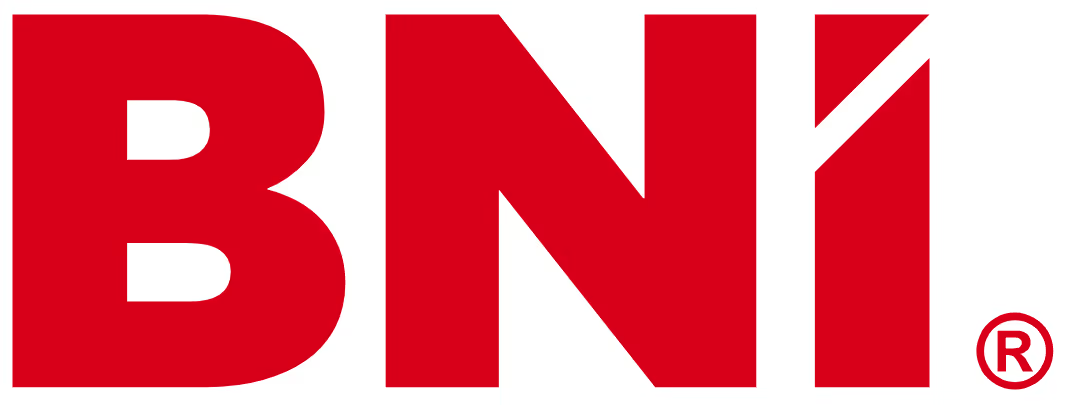Thinking of setting up your home-based business?
02 March 2021

There’s lots to love about the idea of running a home-based business. No commute, better work-life balance, no queue for the coffee machine…
But if you are thinking about starting a new business, or moving your existing one home, there are a few things to consider before you begin.
What sort of property is right for you and your business?
If you don’t already have a home that would be a good site for a business, you’ll have to start looking.
Depending on what sort of trade or industry you’re in, you could need anything from a home with an extra bedroom that can be used as an office, to a place with a workshop – or a sleepout to be turned into rooms in which to see clients.
You might even need a building that offers multiple storeys so that your business has room to expand downstairs while you live above.
If you rent, it’s important that your landlord approves of your business operating from the property, because it can have implications for their insurance.
Speaking of which…
Make sure you disclose to your house and contents insurer that you’re operating a business from home, particularly if it means more vehicle movements, more people coming to the premises or lots of stock stored on-site. If you’re using your vehicle as part of your business, this also needs to be disclosed.
Sometimes the insurer will just want to be kept up to date with what’s happening, but in some cases you may need a different type of cover or will be required to pay a higher premium to ensure that your property is fully covered.
Council
If you’re working at a desk job from your home office, you’re not likely to need to inform your local Council. But if you are serving customers or clients, you may need to check your area’s zoning and signage rules.
Sometimes you’ll need extra permission, particularly if your business is likely to increase the traffic in your street. Plus, you may need a licence if you’re running something like a food business, which requires extra sign-off.
ACC and tax
Some people find working from home to be more relaxing, but it doesn’t mean you can let any of your official obligations slide.
As home-based business owner, you’ll still need a good accounting system to ensure that you pay tax on all the income you earn, and ACC levies for yourself and any staff members.
Get your industry classification right for ACC – the levy amount you pay can vary a lot depending on how you’re classified.
Health and safety
You can’t let your health and safety standards slip, either. You’ll need to identify risks in your workplace and have a plan to manage them. If you have employees, you’ll also need to look after their health and safety, whether they’re on site with you or working from their own home offices.
Bills & other costs
There’s no denying that working from home will probably increase your property’s utilities bills, even if that’s only due to the fact that you are now there all day.
You’ll need to be prepared for higher power bills and, depending on your industry, might need to upgrade the type of internet connection you have to your home. But on the flipside, by not having to pay rent and utility bills in an office building, you will probably save money anyway.
Flexibility and work-life balance
Especially if you’re just starting out with your own new venture, setting up a home-based business means that you’re not tied to a lengthy lease contract, providing you with more flexibility and cost-efficiency.
However, this flexibility can also come with some challenges in terms of work-life balance. If you know your office or workshop is a few steps away, it can be hard not to duck over there to check in on work when you get some downtime in the evenings and weekends – before you know it, you never stop! Try to implement some “office hours”, even if they’re not standard ones, to carve out some time for rest as well as work.
To avoid a feeling of isolation, you may also consider renting out a co-working space for just a few days of the week, to meet clients or work on collaborative projects with other companies.
Would you like to catch up?
If you have changes in your financial life you’d like to check in on, or new plans to set in place, give us a call. We’re here to help.
Disclaimer: Please note that the content provided in this article is intended as an overview and as general information only. While care is taken to ensure accuracy and reliability, the information provided is subject to continuous change and may not reflect current development or address your situation. Before making any decisions based on the information provided in this article, please use your discretion and seek independent guidance.
Cura Advisers Limited holds a Full licence (Class 2) issued by the Financial Markets Authority (FMA) to provide financial advice. You can view our our disclosure information here. If you have any questions regarding this, please let us know.




